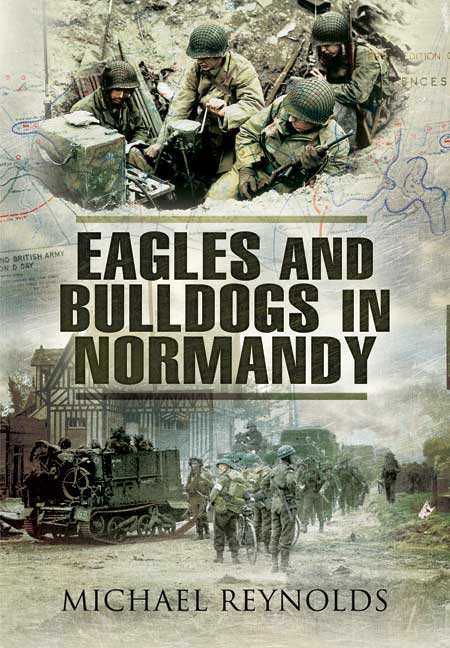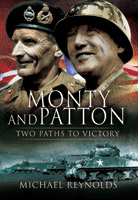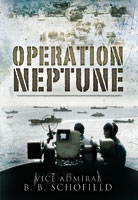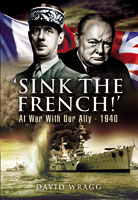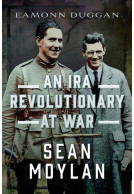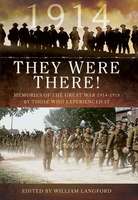Eagles and Bulldogs in Normandy (Paperback)
Imprint: Pen & Sword Military
Pages: 368
ISBN: 9781848841253
Published: 19th April 2010
(click here for international delivery rates)
Order within the next 5 hours, 36 minutes to get your order processed the next working day!
Need a currency converter? Check XE.com for live rates
This is the story of the two divisions: the American 29th and the British 3rd. After describing the agonies suffered by the Americans on Omaha, and the difficulties that faces the British in overcoming strongpoints at Sword Beach on D-Day, the author traces both divisions as they try to break through the German defences.
It was to take the GI's nearly six weeks to reach their objective, whilst the Tommies were forced into a concurrent holding operation redolent of the trench warfare experience of World War One. The main part of Caen, the central communication point and respective objective was eventually captured on the 9th July, but by this point, the two Allied divisions had suffered more than 10,000 casulaties, and several thousands of French civilians had been killed.
Michael Reynolds has written extensively on the Second World War and has had a profound military career.
This is the story of the two divisions: the American 29th and the British 3rd. After describing the agonies suffered by the Americans on Omaha, and the difficulties that faces the British in overcoming strongpoints at Sword Beach on D-Day, the author traces both divisions as they try to break through the German defences. It was to take the GI's nearly six weeks to reach their objective, whilst the Tommies were forced into a concurrent holding operation redolent of the trench warfare experience of World War One. The main part of the Caen, the central communication point and respective objective was eventually captured on the 9th July, but by this point, the two Allied divisions had suffered more than 10,000 casualties, and several thousands of French civilians had been killed.
Spartacus Review
This book takes a different approach to the much-studied fighting in Normandy on and after D-Day, picking one British and one American division to follow during this crucial campaign. The British 3rd and American 29th Divisions both landed on D-Day and took part in much of the campaign that followed. The choice of divisions means that Reynolds is able to look at two of the most iconic elements of the fighting after D-Day - the struggle to capture Caen in the east and the fighting in the bocage in the West.
History of War Website August 2010
Reynolds displayed a refreshing willingness to acknowledge that the skill of the German soldier played a significant part on the slow progress after D-Day, while not over-stating the case. I was particularly interested to learn why the Allies were not expecting the 'hegerow country' of the bocage, why as a result they had not prepared any techniques for fighting their way through it, and how the 29th Division trained to fight in the hedgerows after it arrived in France.
Perhaps the main thing to emerge from this study are the similarities between the British and American experience in Normandy, with both armies suffering from many of the same problems, seeing officers removed from their posts, limited liasion between the infantry and tanks, and making much slower progress than had been hoped for.







